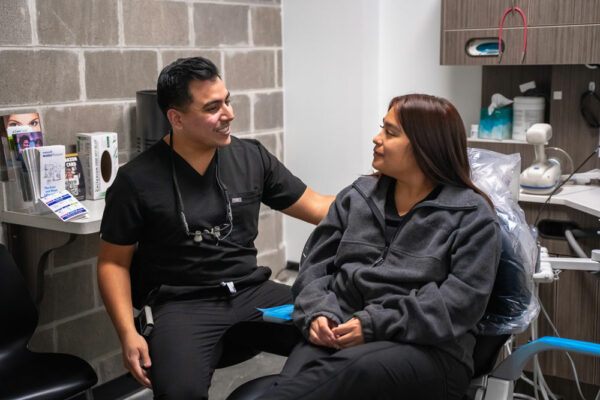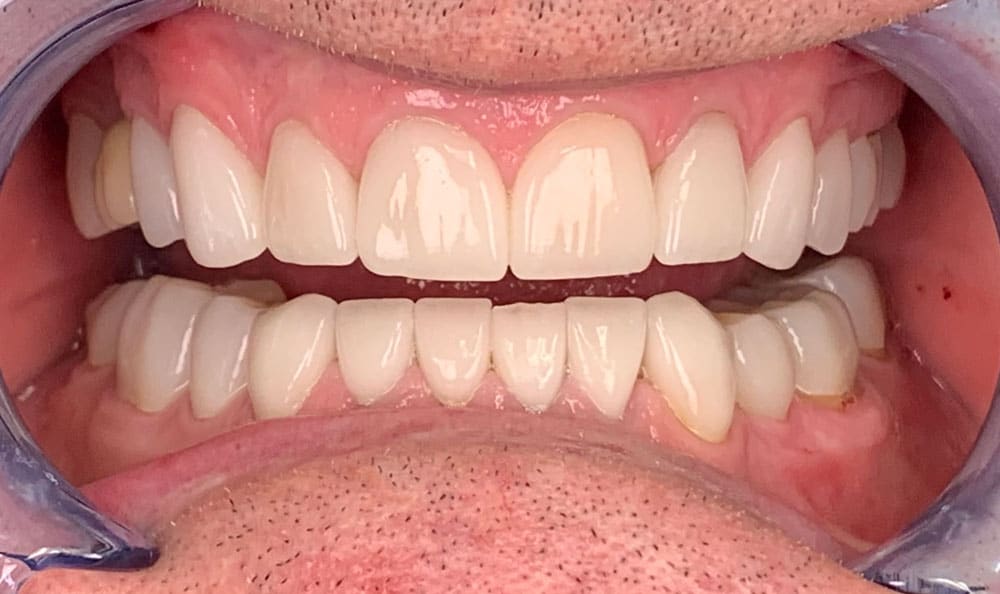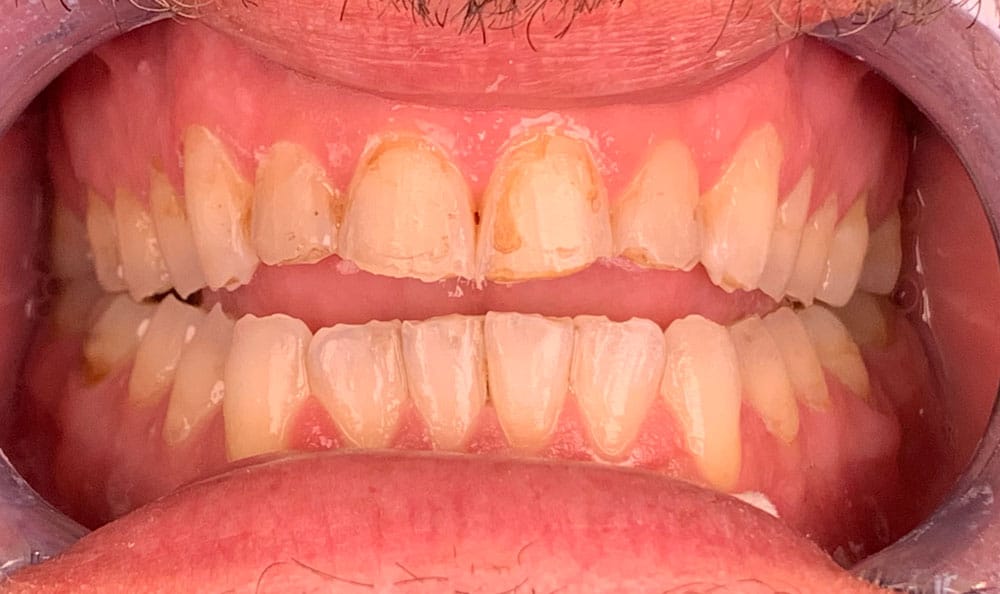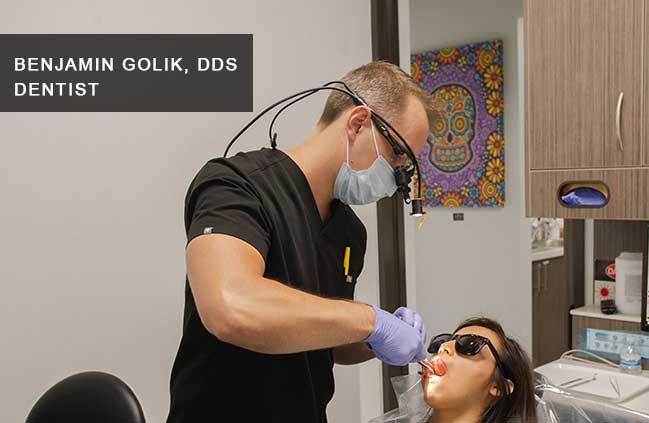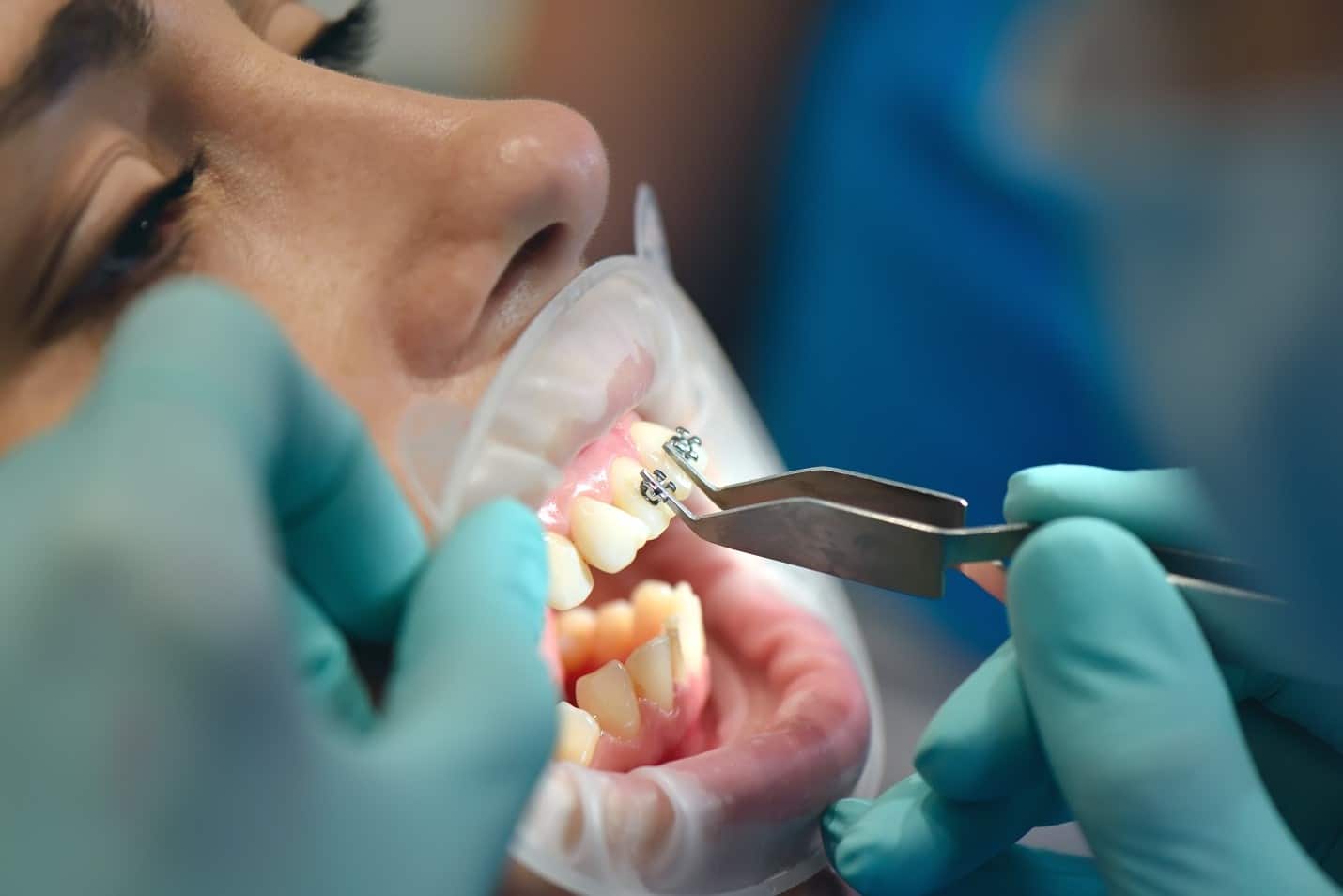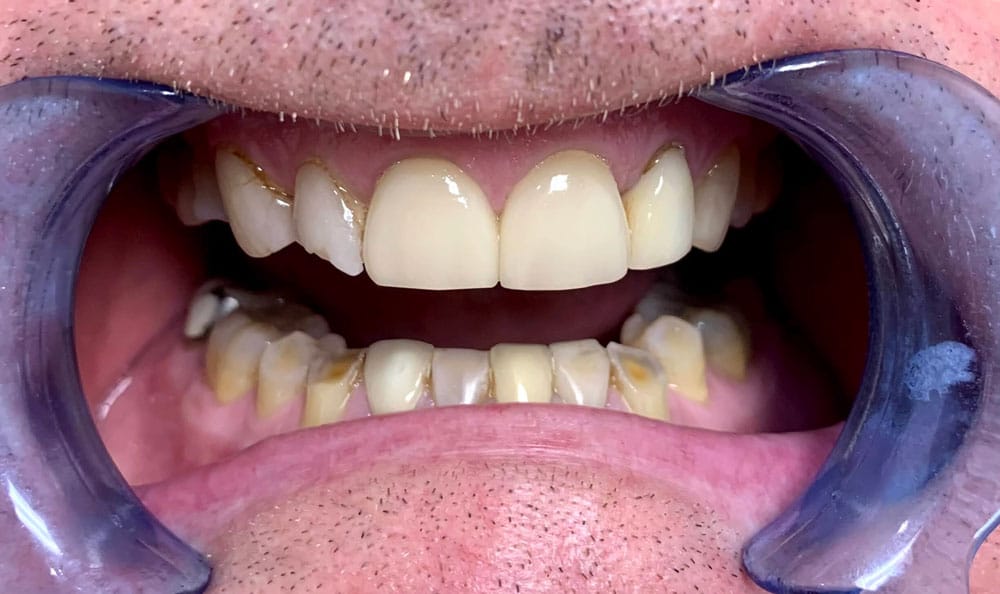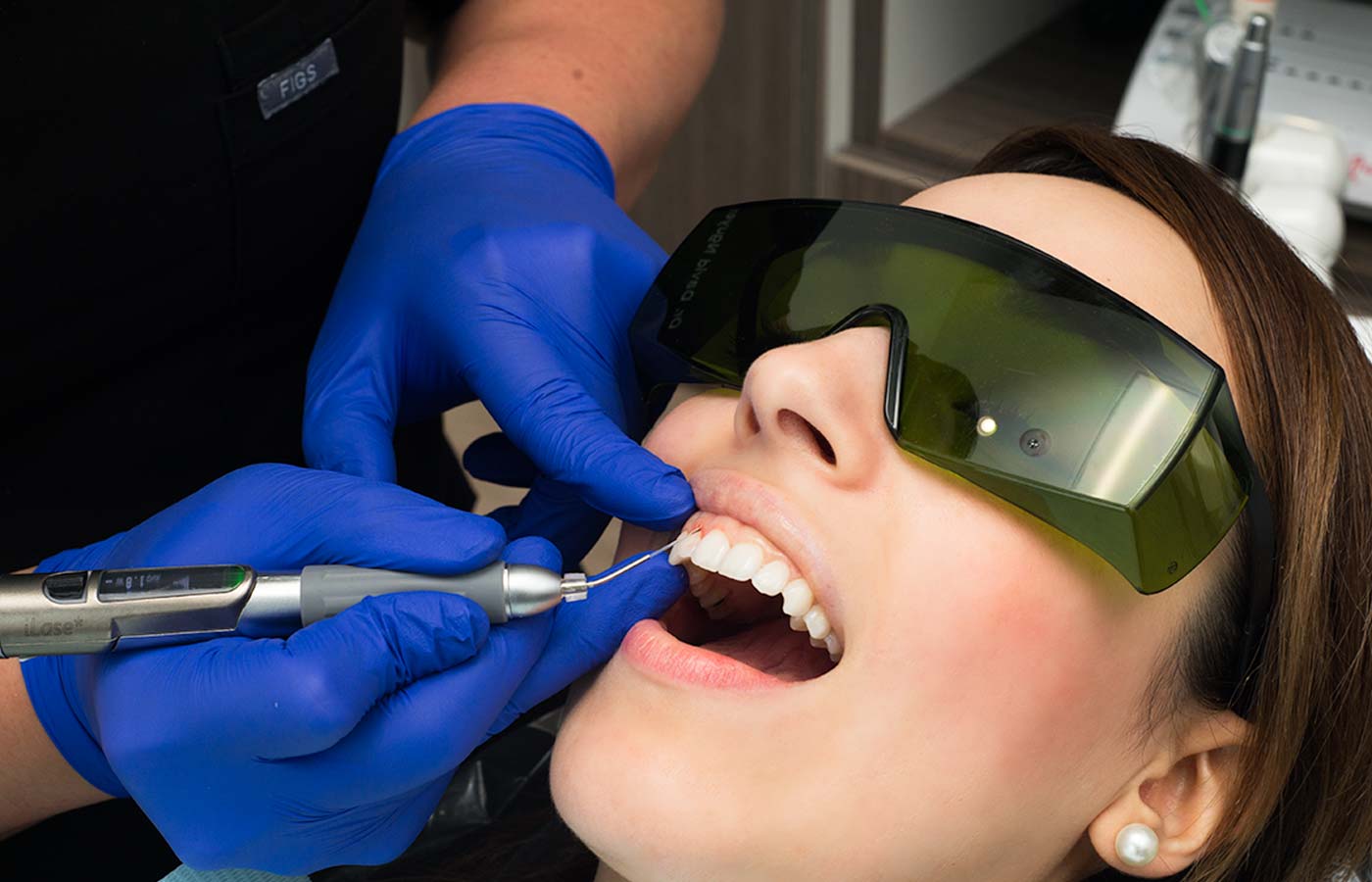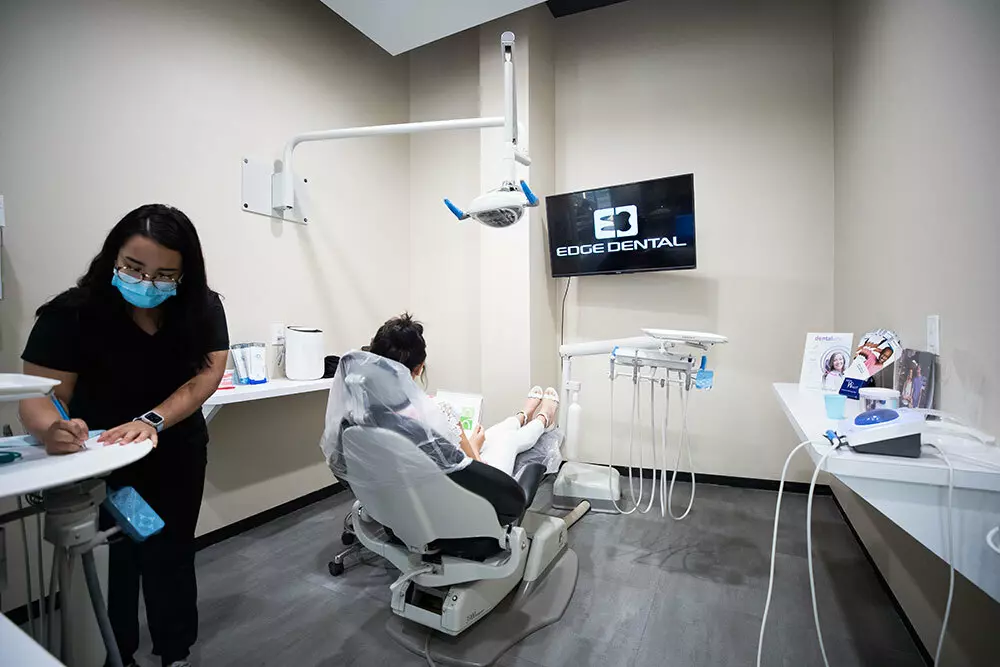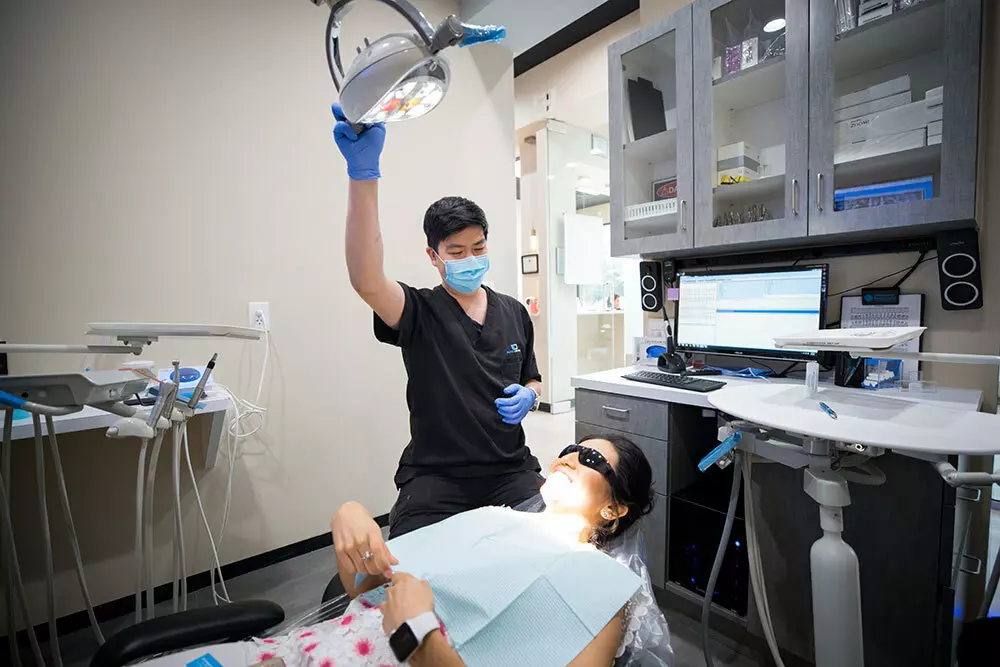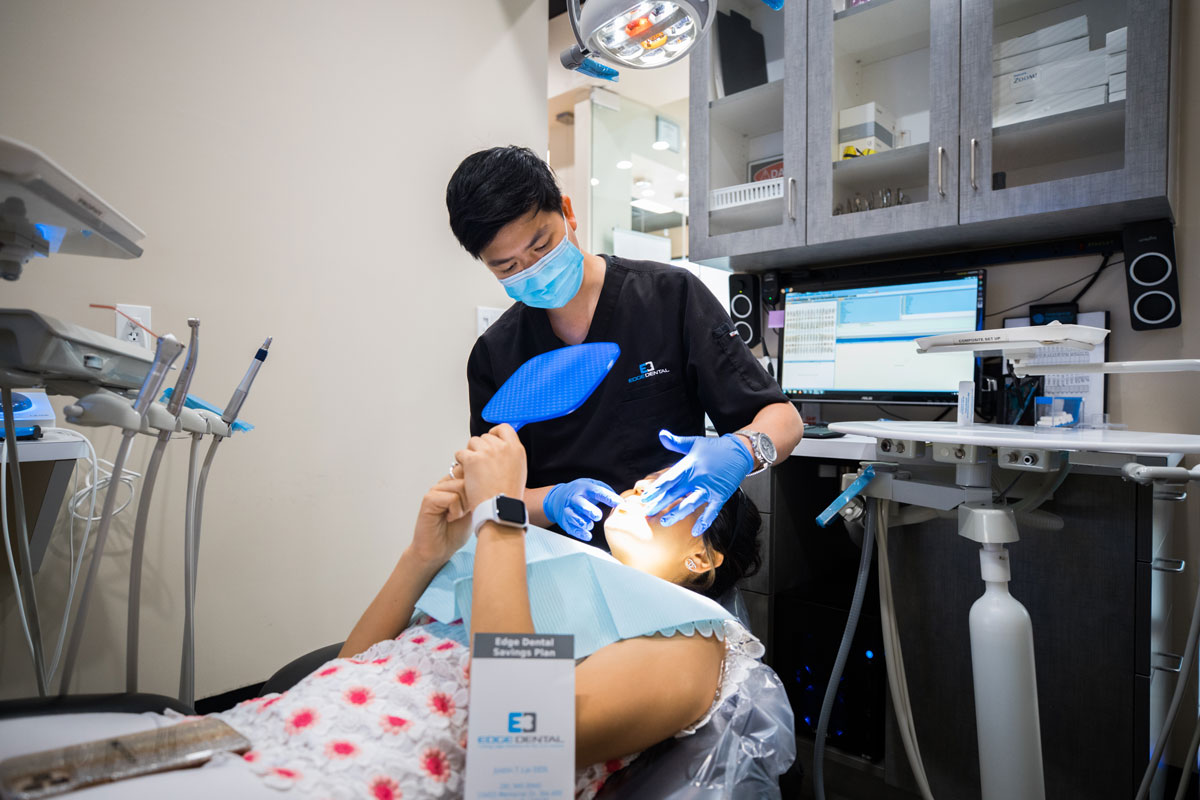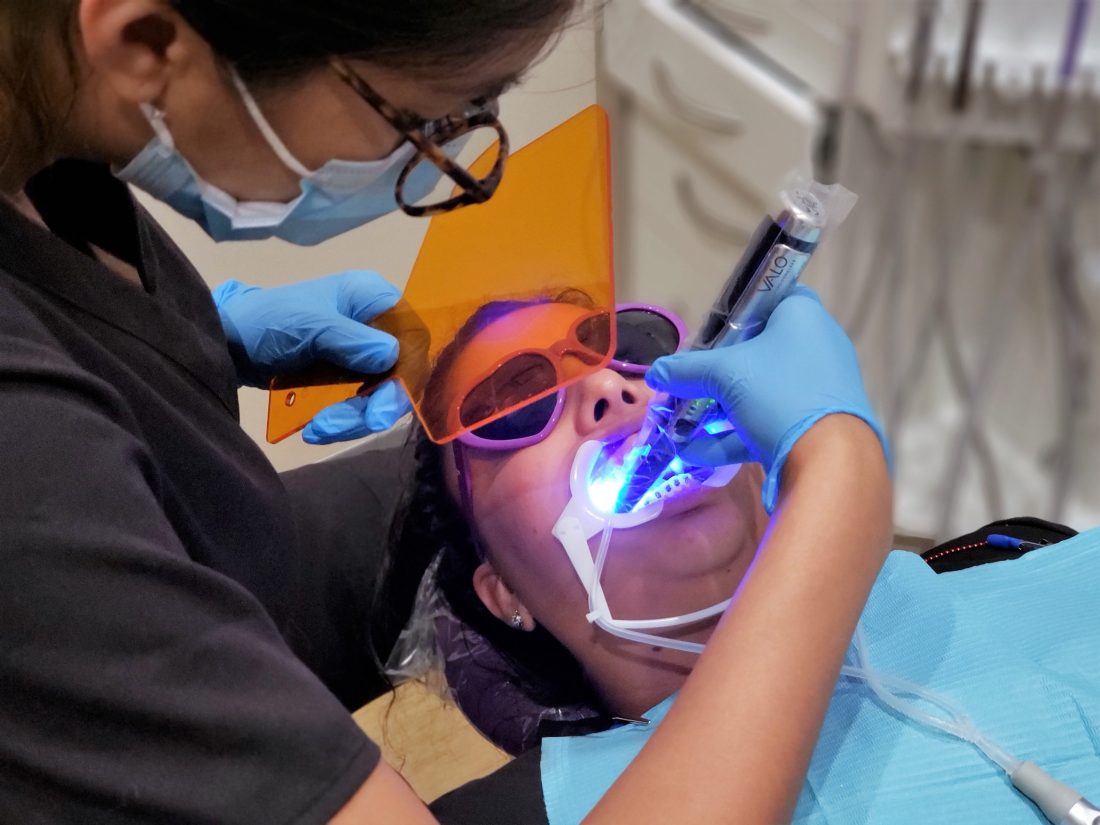Introduction
Cosmetic Dentistry Houston Tx is a branch of dentistry that primarily focuses on aesthetics and the appearance of your smile. This is a perfect approach for people concerned about their teeth appearance and looks. Beyond that, it also resolves common dental problems like protecting from tooth decay, gum diseases and other dental health conditions.
Cosmetic dentistry offers various procedures to enhance your smile, including correcting imperfections and restoring brilliance, transforming it into a sparkling appearance. Let's shed light on the cosmetic dental procedures that give your teeth a sparkling shine.
Teeth Whitening
Teeth whitening is a common dental procedure focusing on lightening stains or discoloured teeth. In this dental treatment, dentists use a peroxide-based solution with the intent of eliminating stains and improving the overall appearance of the teeth.
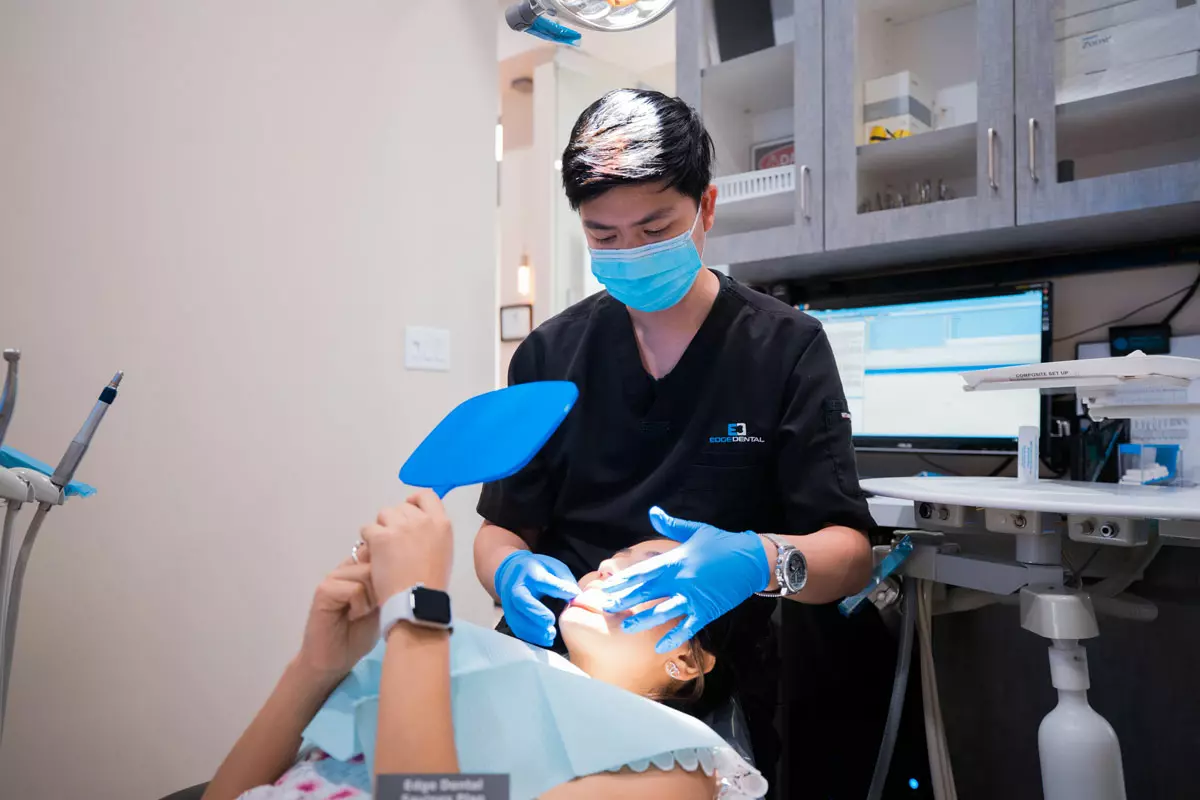
Benefits
Teeth whitening treatment is painless and renders quick results and is an ideal solution for people dealing with stained or yellow teeth due to consumption of tobacco products, caffeine and dark-coloured beverages,
Dental Veneers
Porcelain dental veneers act like shields tailored to the patient's requirements. Custom-designed shells are placed over the front surface of teeth. Veneers Dental treatment is excellent for people with stained, chipped or misaligned teeth.
Benefits
Veneers are an ideal option for receiving a perfect smile and offering a natural appearance. They are proven effective for long-lasting results because they are strong and stain-resistant.

Dental Bonding
Tooth-coloured resins are placed in the teeth to modify cracks, chips, or gaps. Get a complete smile maker with dental bonding treatment produced by moulding and shaping the plastic to resemble actual teeth.
Benefits
Bonding is an affordable and minimally invasive dental treatment that improves the appearance of teeth. This is more often used for resolving minor cosmetic issues.
Dental Implants
A Dental implant is a dental procedure often used to treat a missing or damaged tooth. The surgeon placed implants through surgeries into the jawbone, and it is an artificial tooth that gives a natural appearance to the tooth.
Benefits
Dental implants modify missing or damaged teeth and offer a permanent solution. As a result, it performs well in restoring oral functionalities, and it is a complete smilemaker. On top of that, this treatment protects from bone loss and surrounding teeth from further damage.
Orthodontic Treatments
Braces or clear aligners are the best orthodontic treatments that are specially designed to straighten misaligned, chipped or cracked teeth. Clear aligners are a more discrete option, whereas braces use brackets and wires.
Benefits
Apart from aesthetics and appearance, Orthodontic treatments are effective for overall dental health as they correct bite issues and reduce the complexities of further dental problems in the future.
Briefing Up
Affordable Cosmetic dentistry has created endless opportunities with a wide variety of procedures, and each is customised according to the preferences or requirements of individuals. These common dental procedures can brighten, conceal, or replace missing teeth and provide transformative results. Consult a dentist to explore options and achieve a more confident smile. You can make an appointment with Best Dentist Houston Tx for better cosmetic dental procedures that match your requirements.
